West Highland White Terriers, affectionately known as Westies, are small but active dogs with a hearty appetite. This article will delve into the intricacies of feeding a Westie, including portion sizes, the importance of caloric content, and budgeting for their nutritional needs. Understanding these factors is crucial in maintaining the health and vitality of these spirited companions.
1. Nutritional Requirements of Westies
Westies require a well-balanced diet rich in proteins, fats, and carbohydrates, along with essential vitamins and minerals. The amount of food they need depends on their life stage, from a playful puppy to a serene senior, and can be influenced by their activity level and individual metabolism.
2. How to Determine the Correct Food Portion
On average, an adult Westie will consume about ½ to 1 ½ cups of dry food per day. This amount can vary, and determining the right portion involves considering your dog’s size, activity level, and the caloric density of the food you are providing.
3. Caloric Considerations in Feeding
The calorie content in dog food can differ significantly between brands and types. It’s important to read the nutritional label to understand the calorie count per serving, ensuring that you’re feeding your Westie enough to sustain their energy without leading to weight gain.
4. Adjusting Diet Based on Activity Level
A Westie’s diet must reflect their lifestyle. More active dogs may require additional calories to fuel their energy expenditure, while less active Westies might need fewer calories to prevent obesity.
5. Feeding a Westie Puppy Versus an Adult
Puppies have different nutritional needs compared to adult Westies. They typically need to eat more frequently with portions adjusted to support their rapid growth and development.
6. Special Considerations for Senior Westies
Older Westies often require diets tailored to lower caloric intake but rich in nutrients to support joint health and digestion. It’s essential to monitor their weight and adjust their diet accordingly.
7. The Impact of Neutering or Spaying on Your Westie’s Diet
Neutering or spaying can reduce your Westie’s metabolic rate. Post-surgery, it may be necessary to adjust their food intake to prevent weight gain associated with these changes in metabolism.
8. Weight Management and Health Conditions
Westies are prone to certain health conditions that can be managed or mitigated through diet. It’s crucial to maintain an ideal weight to prevent issues like diabetes and joint problems, which can be exacerbated by obesity.
9. Monthly Cost of Feeding a Westie
The cost of feeding a Westie can vary based on the quality of the food. On average, you might expect to spend anywhere from $20 to $40 per month on high-quality commercial dog food, though this can vary with brand and location.
10. Treats and Extras: How Much Is Too Much?
Treats should be given sparingly and constitute no more than 10% of a Westie’s daily caloric intake. It’s important to factor treats into the overall diet to prevent overfeeding.
11. Choosing the Best Food for Your Westie
Choosing the right food for your Westie involves a balance of nutritional value, caloric content, and your dog’s personal preference. Discuss with your veterinarian to select a diet that caters to your Westie’s specific health requirements.
Our 5 Top Foods for Westies
The diets were selected by our founder Justin Palmer, a certified canine nutrition expert, specifically with Westies in mind:
Conclusion
Feeding your Westie the right amount and type of food is a key component of their overall care. While the guidelines provided offer a starting point, it’s important to customize your approach to your Westie’s individual needs and consult with your vet regularly to ensure their dietary requirements are being met for a long, healthy life.
Frequently Asked Questions About Feeding a Westie
1. What is the daily food portion size for a Westie?
An adult Westie typically requires about ½ to 1 ½ cups of dry dog food per day, divided into two meals. This portion may vary depending on the dog’s age, activity level, and the caloric content of the food.
2. How often should I feed my Westie?
It is best to feed adult Westies twice a day—once in the morning and once in the evening. Puppies, however, may require three to four smaller meals spread throughout the day to accommodate their higher metabolic needs.
3. Can I give my Westie human food?
While some human foods are safe in moderation, others can be toxic to dogs. It’s generally recommended to stick with high-quality commercial dog food and treats designed for Westies’ nutritional needs, with human food as occasional treats only if it’s safe for dogs.
4. What type of food is best for Westies?
Westies often do well on dry kibble formulated for small breeds with high energy levels. The best food for your Westie should have meat as the first ingredient and should not contain fillers, artificial colors, or preservatives.
5. How do I know if I’m feeding my Westie enough?
Your Westie should have a well-defined waist and you should be able to feel (but not see) their ribs without much fat covering. If they seem lethargic or are losing weight, they may not be eating enough. Conversely, if you can’t feel their ribs, they may be eating too much.
6. Do Westies have any special dietary needs?
Westies do not have unique dietary requirements, but they are prone to certain food allergies and skin conditions. It’s important to monitor your dog for any signs of allergies or sensitivities and choose a diet that avoids common allergens like wheat, soy, and artificial additives.
7. What should I do if my Westie is a picky eater?
For picky Westies, it’s important to stick to a feeding routine, limiting treats and not changing foods frequently. Sometimes, warming the food or adding a little wet food to the kibble can make it more appealing.
8. How much water should my Westie drink daily?
A Westie should always have access to fresh, clean water. They typically need about one ounce of water per pound of body weight per day, but this can increase with exercise and heat.
9. Is it okay to feed my Westie once a day?
Feeding a Westie only once a day is not recommended. It can lead to hunger pangs, energy dips, and even risk conditions like bloat. Twice daily feeding helps keep their energy levels stable.
10. How can I prevent my Westie from becoming overweight?
Prevent obesity by measuring your Westie’s food portions, limiting treats, and ensuring they get regular exercise. Regular check-ins with the vet can help determine if your Westie is at a healthy weight.
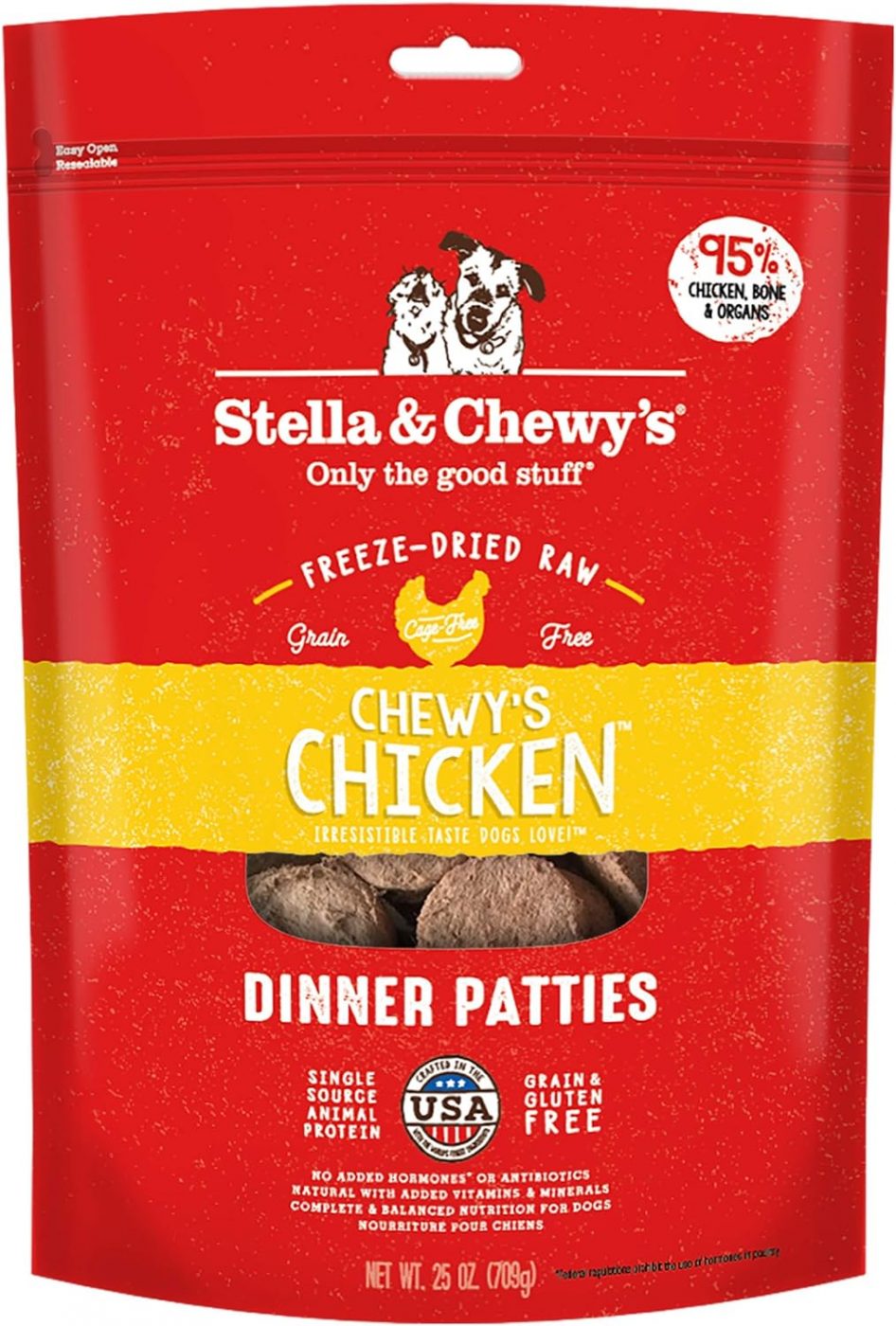
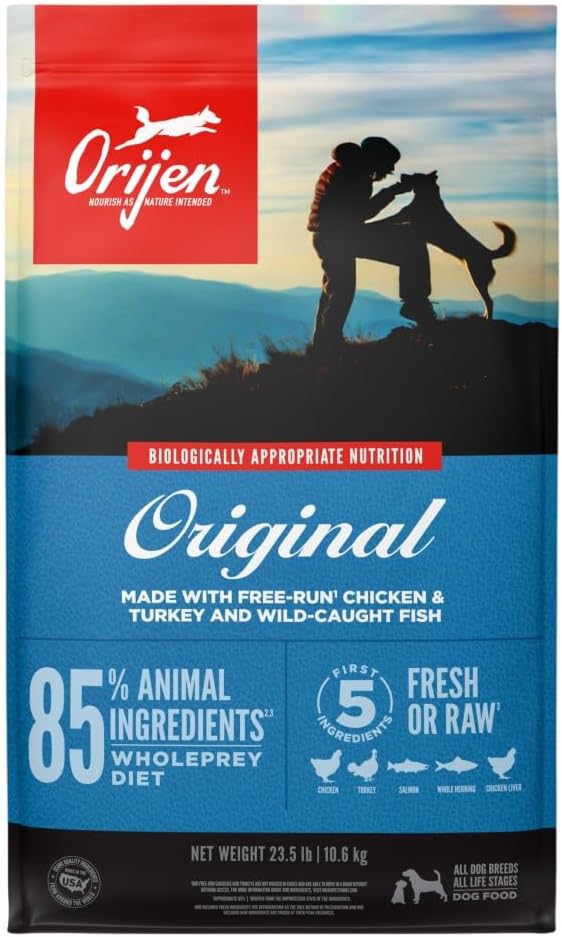
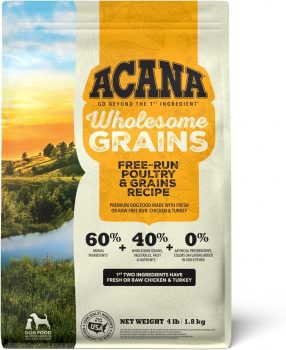
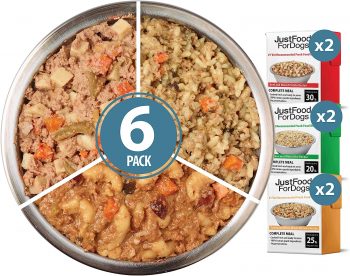
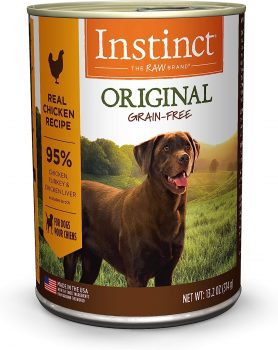

 Toledo, United States.
Toledo, United States.